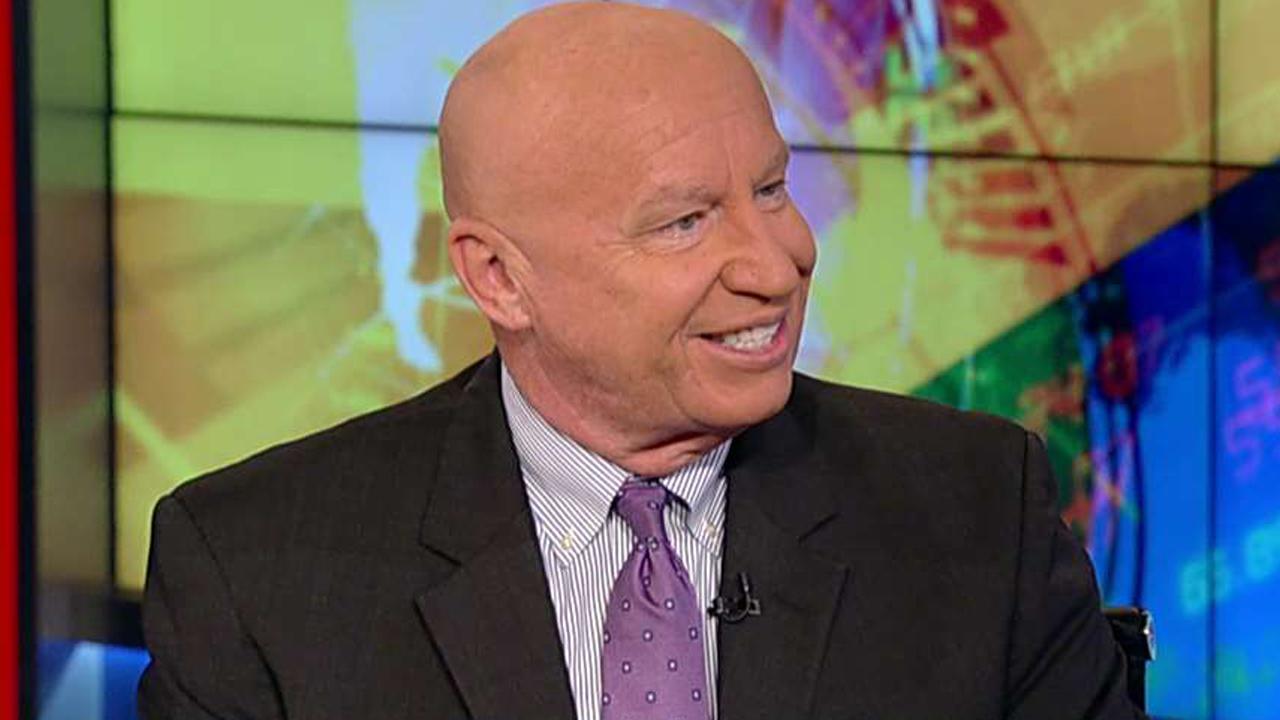Trump may get tax reform bill by year's end, Rep. Brady says
A tax reform bill could reach President Trump’s desk by year end, House Ways and Means Committee Chairman Rep. Kevin Brady said Sunday.
“We’re on that timetable to do it,” Brady, R-Texas, told Maria Bartiromo on “Sunday Morning Futures.” “I know there’s been a lot of distractions in Washington; we don’t have that luxury of getting distracted. And within President Trump’s team, Senate Republicans and Speaker [Paul] Ryan and ourselves -- there’s a seriousness of purpose within these efforts to come forward this year.”
On Thursday the “Big Six,” top GOP tax reform leaders in Congress and the Trump administration -- including Brady, Senate Majority Leader Mitch McConnell of Kentucky, Senate Finance Committee chairman Orrin Hatch from Utah, National Economic Council Director Gary Cohn and Treasury Secretary Steven Mnuchin -- issued a joint statement on their strategy for changing the U.S. tax code. Most notably, the group agreed to drop the proposed border adjustment tax -- which would have allowed the government to slap fees on companies importing goods -- from the new plan.
“Thursday’s unifying statement was an important step in the timetable going forward,” Brady said.
In April, the White House announced it wanted to lower the corporate tax rate to 15 percent from the current 35 percent. It also said the goal would be to simplify the individual tax code by reducing the number of brackets from seven to three -- 10 percent, 25 percent and 35 percent -- allowing Americans to fill out their taxes on a postcard.
Though the Texas Republican wouldn’t specify how low the corporate tax rate could go, he did reiterate the push for making the nation’s tax code more competitive among other countries.
“We want a tax code built for growth of wages and paychecks in the economy, and the way you do that is to take less of what people earn at every income level. Let them keep more, invest more in the economy, become competitive again,” Brady said. “What we want for local businesses is a tax code that’s a green light, not a directional signal that says ‘go right, go left, do this.’ We really want those low rates and low expensing so we can grow.”




















